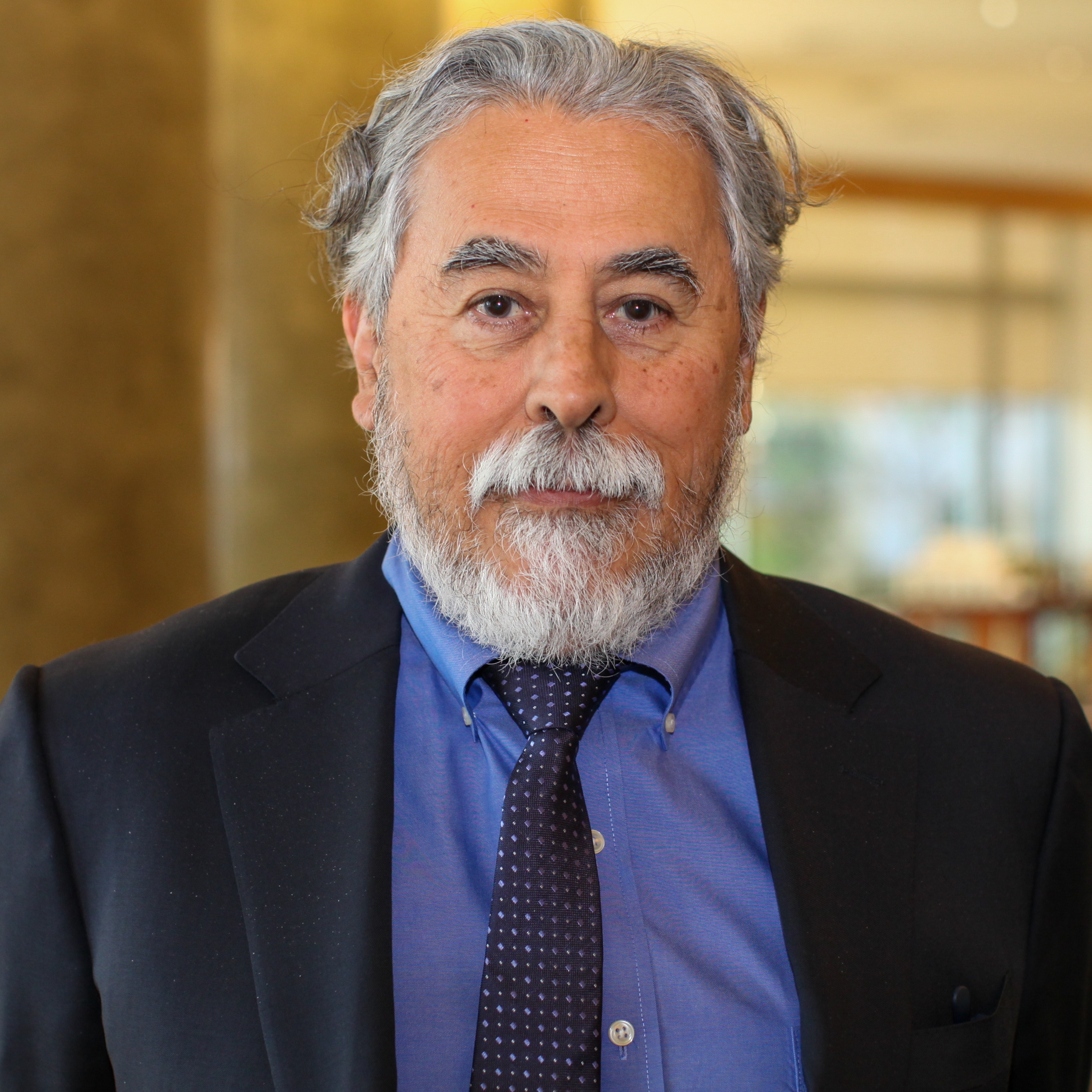
Guillermo Solano-Flores

- Current Position
- Professor of Education, Stanford University Graduate School of Education
- Board Term
- September 2023 - September 2027
- Board Category
- Testing and Measurement Expert
- Board Committees
- Member — Committee on Standards, Design and Methodology
- Education
-
Ph.D. University of California, Santa Barbara - Education (Methodology and Measurement)
M.A. National University of Mexico - Educational Psychology
B.A. National University of Mexico - Psychology
Dr. Guillermo Solano-Flores is Professor of Education, Stanford University Graduate School of Education. His research focuses on the intersection of assessment, cultural and linguistic diversity, and fairness. This research is relevant to the testing of students who are not proficient in English in the U.S., students from different countries in the context of international comparisons, and students with disabilities. His research is based on the use of multidisciplinary approaches that use psychometrics, sociolinguistics, semiotics, and cognitive science in combination. He is the author of the theory of test translation error, which addresses testing across cultures and languages. Also, he has investigated the use of generalizability theory—a psychometric theory of measurement error—in the testing of English language learners and indigenous populations, and the use of Boolean algebra in complex coding endeavors.
He has advised Latin American countries on the development of national assessment systems and has been the advisor to countries in Latin America, Asia, Europe, Middle East, and Northern Africa on the adaptation and translation of performance tasks into multiple languages. Current research projects examine academic language and testing, formative assessment practices for culturally diverse science classrooms, and the design and use of testing accommodations and accessibility resources for students with special needs in computer-administered tests. He has been member of technical advisory boards for several assessment projects and institutions, including the Smarter Balanced Assessment Consortium, the National Assessment of Educational Progress, the National Academy of Sciences, and the Department of Education of Hawaii.